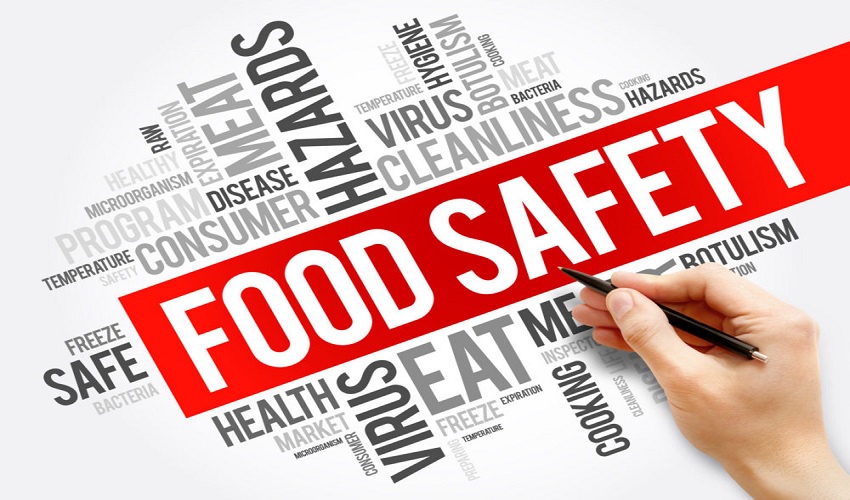An FSMS is a methodical strategy for managing food safety risks inside a food business to guarantee that the food is safe to consume. An FSMS based on the Hazard Analysis Critical Control Point principles must be established, implemented, and maintained by all businesses.
It is necessary to authorize a food safety management system since it ensures that existing food-based enterprises will be developed more effectively. By retaining health and safety standards as a priority, it makes sure that the current food-based sectors operate as intended. The system is made simple by some engagement from monitoring and intervention techniques. When manufacturing or producing any of their products, food-based enterprises are expected under FSMS to be honest about the ingredients they utilize. Wide-ranging criteria, such as standards and food cleanliness, are taken into account when determining food safety. Let's take a deeper look at these:
- Food Hygiene: Every food business must guard against various risks that could contaminate their product. These hazards can be biological, chemical, or physical. Bacteria could grow in food, which is one biological food hazard. This may occur as a result of improper food storage, a lack of sanitation, or a disregard for recommended food safety procedures. Customers could get food poisoning from this, which is highly dangerous. By providing certified Hazard Analysis and Critical Control Point training and a proper HACCP plan an organization can reduce this risk. The possibility of cleaning supplies or other chemicals polluting the food prepared is one example of a chemical hazard. This may occur as a result of inadequate adherence to food safety protocols. Physical risks include anything that might have unintentionally contacted the meal. This may involve things like:
- Material contaminants caused by human error
- Hair
- Plasters
- Materials from faulty equipment
- Jewellery
- Food Labelling and Packing: Food labelling regulations must be followed by all food and beverage goods sold. The specifications call for items like use-by or best-before dates, component listings, directions for preparation, and allergen disclosures. It also limits the potential of consuming unintended allergies and makes it simpler for the customer to comprehend what is in their food.
- Food Allergens: To ensure that customers are safe and healthy when dining at the restaurant, ordering delivery, or purchasing goods off the shelf/online, it is important to provide Food Allergen Management Awareness Training to staff members. Because allergens pose a significant risk to many people across the country and could have life-threatening consequences. A company is required to inform customers of any allergens present in its products or those that may have come into contact with them.
- Additives: When adding additives to food, caution must be taken to follow each additive's instructions and ensure that they have been approved for usage. Additives are frequently used to change the flavour of food or lengthen the shelf life of food products. This can include additives like sugars, preservatives, and food colourings.
- Suppliers: Risks can arise when suppliers supply food products to food enterprises. It's crucial to ensure the food was stored at the proper temperature and that the packaging wasn't harmed.
- Traceability: To ensure that items can be taken off the market swiftly and effectively if a food safety issue arises, traceability measures must be put in place. Businesses must be aware of the origin and destination of their food. The elimination of any high-risk products can be done more effectively when this information is readily available. This is especially crucial for goods derived from animals, such as meat and eggs.
- Food Safety Inspections and Enforcement: To make sure that food enterprises are adhering to hygienic requirements, authorities examine them. Because it's even more important to make sure your organization has a food safety management system in place and that your workers follow it.
- Product Recalls and Withdrawals: A company needs to have food safety management policies in place to make sure that any harmful products may be stopped from reaching customers. This could include stock withdrawal and recalls, both of which can be highly expensive.
Source: https://foodsafetystandard.wordpress.com/2023/06/24/what-elements-must-be-taken-into-account-for-effective-food-safety-management-systems/


No comments yet